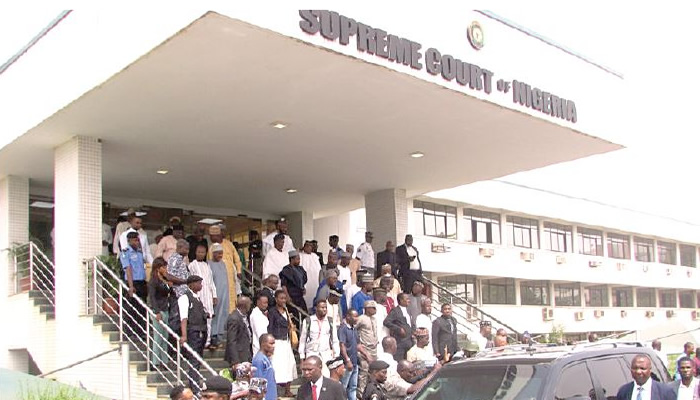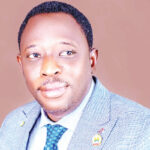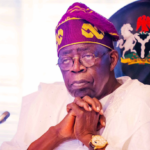
WELL-KNOWN for hiding under technical subterfuge, the Supreme Court has for once made the right calls in the high-wired 2023 governorship election cases that it decided at the weekend. Fittingly, the court eased tension by reversing the confusing judgments of the Court of Appeal in the petitions filed by the governors of Kano, Plateau and Zamfara states. The verdicts give a cautious cause for optimism that the judiciary remains the last hope of the common man.
In all, the Supreme Court delivered judgments in petitions in eight states on January 12, including Lagos, Abia, Ebonyi, Cross River and Bauchi. The top court retained the governors of these states.
Most highly anticipated, however, were the cases concerning Kano, Plateau and Zamfara. The appellate court had sacked the trio for alleged unlawful nominations by their parties and deduction of allegedly illegal votes.
In Kano, the Court of Appeal aligned with the tribunal, which ousted Abba Yusuf of the New Nigerian People’s Party by deducting 165,000 of his votes because the ballots were not signed. It then gave victory to the All Progressives Congress candidate, Nasiru Gawuna.
The ruling by the lower court was a miscarriage of justice in many ways. It would have instated Gawuna, who did not score the majority votes in the election, robbed Yusuf of his victory, and denied the wishes of the electorate. Also, INEC’s negligence was not Yusuf’s fault, and it is fair that a contestant should not suffer for the ineptitude of the umpire.
A similar scenario occurred in Plateau. The top Court reversed the lower court’s decision based on deductions to sack Governor Caleb Mutfwang. It threw out the petitioner’s prayer that Mutfwang was not properly nominated. This is a pre-election matter. By law, a petition against such cannot be entertained after 14 days, and from another political party.
As Mutfwang celebrates, spare a thought for the confusion the Court of Appeal, the final arbiter in legislative petitions, has foisted on the state. In November, it had sacked two senators, five House of Representatives and 16 House of Assembly members on the premise that their party–the Peoples Democratic Party–failed to conduct proper congresses as ordered by a High Court. This is breeding mayhem in Plateau.
In Zamfara, the Supreme Court also restored Governor Dauda Lawal of the PDP. INEC had declared Lawal the winner, but the Court of Appeal decided the election was inconclusive and ordered re-runs in some LGAs.
These three decisions are a victory for common sense, and logic and a bulwark against Nigeria’s crooked politicians who rig elections and depend on the judiciary to award them the victory they did not attain at the ballot box. The Supreme Court shockingly declared Hope Uzodimma governor of Imo State in January 2020 on the premise of technicalities. This should never happen again.
The high rate of litigation is a sharp condemnation of the country’s elections and the need for comprehensive reform. This returns Nigeria to the 2007 general elections era, which has been described as the worst in the history of the country. Among other things, the presidential election of 2023 ended at the Supreme Court.
Litigation is time-consuming and expensive: the governorship elections were held on March 18, 2023, making it nearly a year before the conclusion. Therefore, elections should be held early, and a law made not to swear in winners until all litigation has been concluded.
INEC should employ the lessons from the judgments to conduct better, more transparent elections henceforth, starting from the by-elections and re-runs in nine states in February. It should decide firmly to use BVAS to improve all elections.





